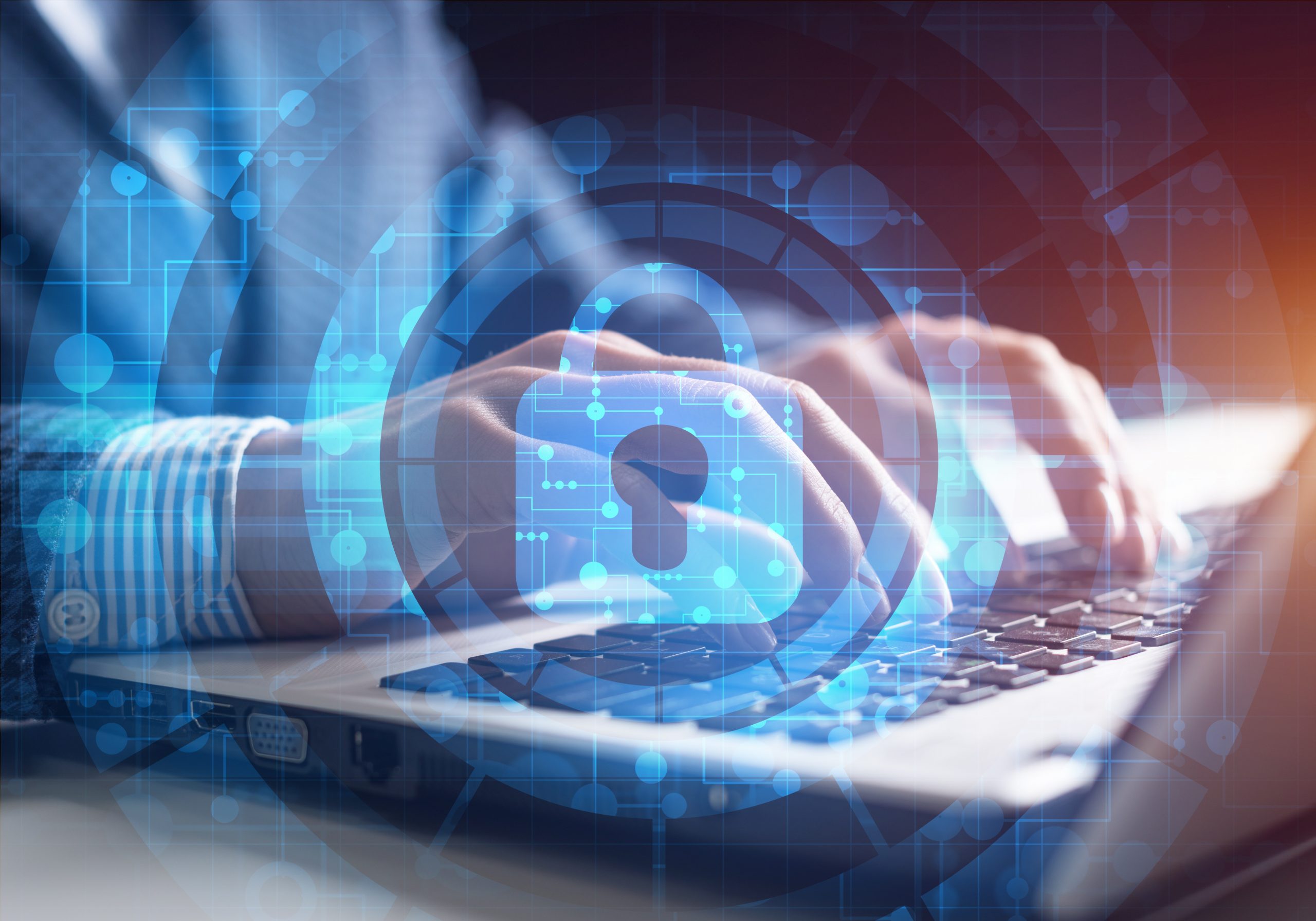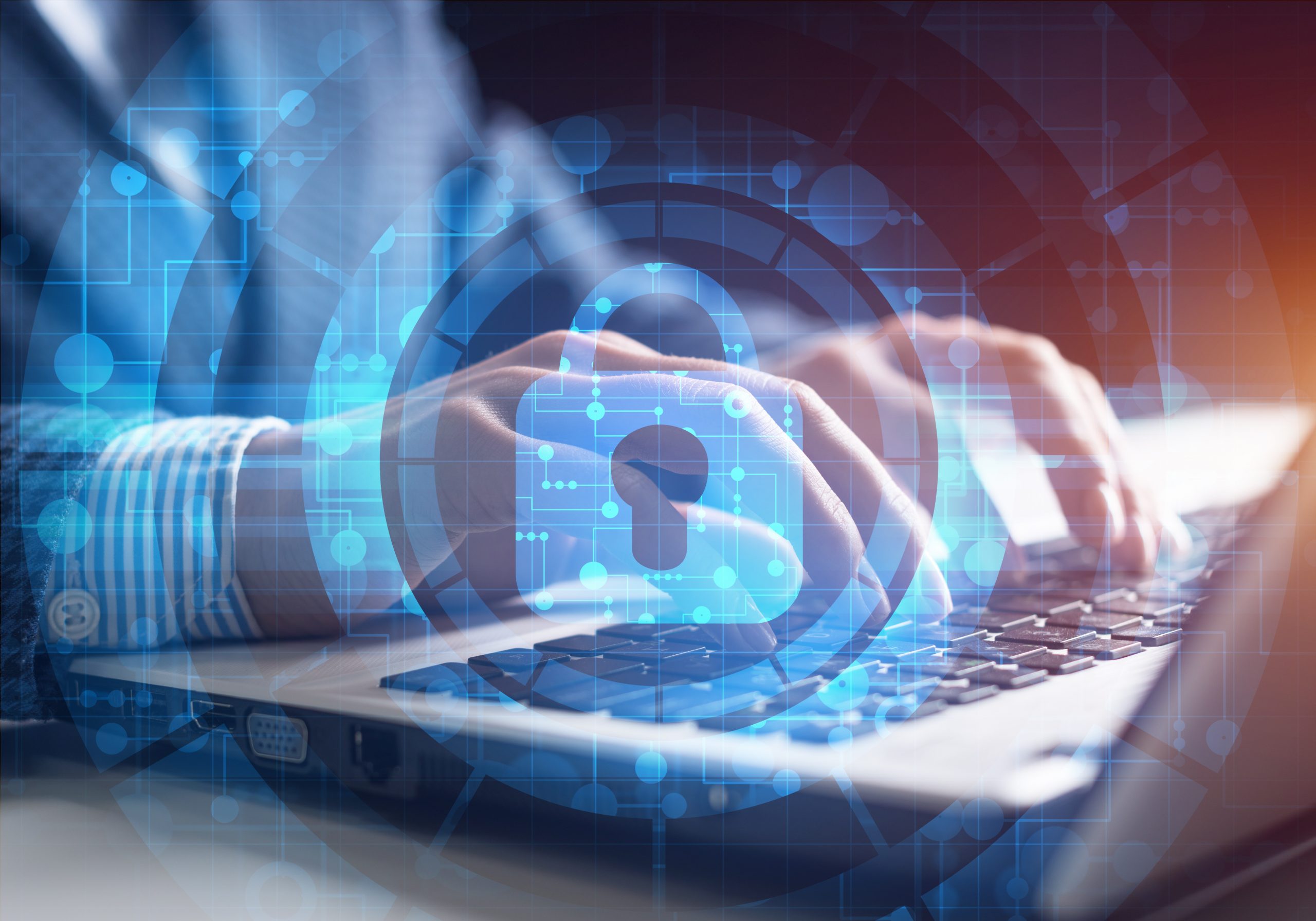
2022-7-18 18:7:44 Author: hakin9.org(查看原文) 阅读量:15 收藏

If you have an affiliate website, you know that it can be a significant source of revenue. But you may not realize that your website is also a potential liability if it isn’t adequately protected from security threats.
For example, a poorly-secured affiliate site could risk your personal information and the income you earn from your affiliate program. The good news is that there are several ways you can take action to protect your website from cybercriminals and other malicious entities.
Update Your Software Regularly
The best way to protect your website is to update it regularly. Updates are an essential part of keeping your site secure and running smoothly. If you don’t already have an affiliate site but want to set up one, you can use the following link to read now.
Once you know how to make money through affiliate marketing, you can now start concentrating on securing your site from the inside. And making sure your software is up to date is a good way of doing that.
Updates are essential for several reasons:
- Security: Software updates can fix security issues that hackers could use to access your data or take control of your website.
- Performance and Stability: Updates also fix bugs in software that could cause it to crash or slow down over time, as well as improve performance by improving compatibility with other devices or software you use on your site.
Set Up A Firewall
If you’re running an affiliate program such as the Million Dollar Year, you should consider setting up a firewall to protect your website from security threats. A firewall is a software or hardware device that filters incoming and outgoing data for any malicious activity and blocks it from entering or leaving the computer.
You can install firewalls on your computer, router, or server. However, most businesses use them on their servers to make them apply to all devices that access the Internet through that server.
You should install a firewall as soon as possible after setting up an internet connection for protection against viruses and malware. You may need additional protection if you’re running a site where private information like credit card numbers are stored in databases online (hackers often target e-commerce sites and affiliate websites).
A good antivirus program will also help protect against ransomware and other viruses but won’t work without a firewall- so remember this when choosing which one to install!
Install SSL Certificates
You can install a Secure Sockets Layer (SSL) certificate on your website to protect you from hackers and potential online threats.
An SSL certificate is a digital document issued by a Certificate Authority (CA) that establishes trust that an organization or individual is who they claim to be online. It encrypts data using strong encryption algorithms so that even if someone manages to break into your site and get hold of your private keys, they still won’t be able to decrypt any of the encrypted data.
If there are any security breaches, the hacker will only see scrambled text instead of sensitive information such as usernames, passwords, credit card numbers, etc., making it harder for them to use this information maliciously.
Use HTTPS Instead Of HTTP
 When building your affiliate site, it is wise to use Hypertext Transfer Protocol Secure (HTTPS) instead of HTTP. HTTPS is the secure version of HTTP, which means that all data sent over the connection between your website and your customers is encrypted.
When building your affiliate site, it is wise to use Hypertext Transfer Protocol Secure (HTTPS) instead of HTTP. HTTPS is the secure version of HTTP, which means that all data sent over the connection between your website and your customers is encrypted.
This encryption makes it impossible for hackers to intercept and read this data as it travels across the web. They can’t get any information about you or your customers by listening to either side of the conversation. Instead, hackers typically use this unencrypted connection (HTTP) to get information such as usernames and passwords from unsuspecting victims’ computers or websites.
For example, suppose someone was using an unencrypted connection while logging into their bank account online. In that case, anyone monitoring their computer traffic could easily steal those login details if they were sitting nearby with access to a simple wireless adapter or even just a pair of headphones connected directly to their computer’s microphone jack!
Perform Regular Backups Of Your Site
Backups are a security measure often overlooked by website owners, even though they’re essential for protecting your data. Security threats can happen at any time, but if you have a backup saved, it’s easy to restore your site no matter what happens.
When restoring from backups, make sure you’ve backed up everything! Check both versions of each file before deleting anything, so there are no surprises in case one file was infected by hackers or other bad actors during an attack but wasn’t properly backed up yet.
If possible, restore these files using their original names, so everything is easy for you when setting things back up again after fixing whatever went wrong with them initially originally before making copies of those same items.
Conclusion
The best thing to do is to be proactive about protecting your affiliate website from security threats! Protecting your website is a great way to avoid issues and keep users happy. If you’re looking into how many people visit your site, then tools can also help with this.
如有侵权请联系:admin#unsafe.sh